Use niacinamide to smooth, brighten and strengthen your skin
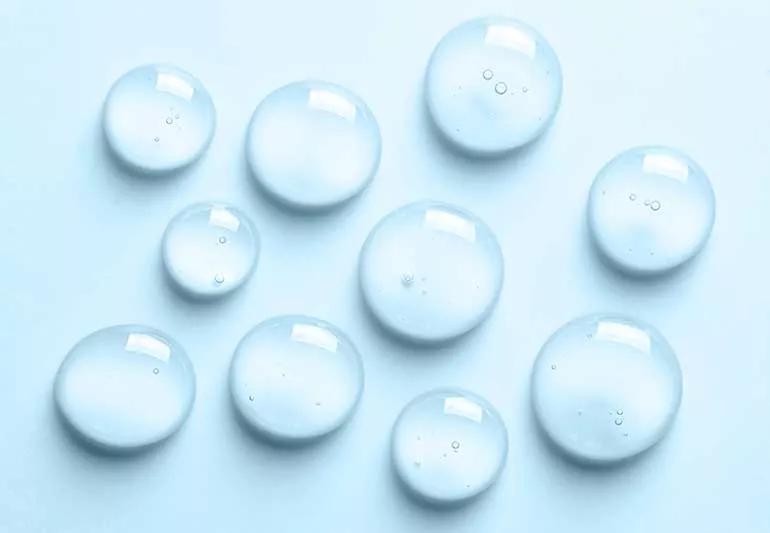
You may have seen niacinamide serum making the rounds in TikTok videos as one of the hottest new trends in skin care. Available in cleansers and moisturizers, this multitasking nutrient can help improve the health of your skin in more ways than you might’ve thought.
Advertisement
Cleveland Clinic is a non-profit academic medical center. Advertising on our site helps support our mission. We do not endorse non-Cleveland Clinic products or services. Policy
“Niacinamide is one of those ingredients found in many skin care products to brighten skin, prevent signs of aging and treat conditions like eczema or acne,” says dermatologist Alok Vij, MD. “Niacinamide may be the ‘it’ product of the moment, but it’s been around for years and has staying power given its positive impacts on many skin conditions.”
Niacinamide is a type of vitamin B3, one of eight B vitamins that support many aspects of your health. Your body makes niacinamide when you have too much niacin in your body. Your body can also change an amino acid called tryptophan into niacinamide.
Niacinamide is a multipurpose skin care ingredient. It helps build keratin, a protein that maintains skin health. It’s also been shown to make your skin stronger, smoother and brighter.
“Niacinamide is used to treat acne and can help nourish and protect your skin, especially when it’s used with other products like retinol,” says Dr. Vij. “It’s a potent nutrient that rarely has side effects.”
Here are the top six niacinamide benefits:
Niacinamide may enhance the function of your skin’s lipid barrier (a layer of water and oil that protects your skin). This helps lock moisture in and keep pollutants or other potential irritants out, making your skin more hydrated and less sensitive.
Advertisement
Niacinamide has been shown to ease inflammation, which can help calm redness due to conditions like acne, rosacea and eczema. It can also soothe irritation caused by strong exfoliants like retinol or glycolic acid that remove dead cells from the surface of your skin.
Nothing has been proven to reduce the actual size of your pores. But niacinamide may help minimize their appearance by helping keep your skin smooth and clear. It also may help regulate the amount of oil your glands produce, which can prevent breakouts and clogged pores.
Niacinamide is a close relative of another B vitamin called nicotinamide. Oral nicotinamide supplements may help prevent new skin cancer or precancerous spots from developing in some people. But more studies are needed to confirm this benefit.
A recent study also shows nicotinamide, the cousin of niacinamide, may increase the risk of triple-negative breast cancer in those who take the dietary supplement in high levels.
But using niacinamide in a skin care product and applying it topically is generally regarded as safe.
“You can even find niacinamide in some sunscreens these days,” notes Dr. Vij. “Just make sure you’re not using too many skin care products with it at once.”
Niacinamide is dermatologist-approved for brightening skin tone. Some research suggests skin care formulas with 5% niacinamide can also help lighten dark spots.
In one small study, a combination of skin brighteners including retinol and niacinamide reduced dark spots and fine lines. They also improved skin radiance and texture.
This vitamin’s antioxidant properties may help protect your skin and aid its recovery from damage due to factors like aging, sun and stress. Some research has shown topical niacinamide can improve fine lines and wrinkles, as well as skin sallowness.
Niacinamide can be used once or twice daily after gentle cleansing during your regular skin care routine. To maximize its benefits, apply niacinamide after applying a moisturizer. You can also combine niacinamide serum with your moisturizer and apply them together to your face and neck. Or try a face mask that contains niacinamide for skin recovery and relaxation.
Most skin care products contain 5% niacinamide or less, but amounts can vary. Start slowly with a low concentration if you have sensitive skin. And talk to your healthcare provider if you have any questions or concerns about how to use it or potential side effects.
Advertisement
It’s often helpful to pair niacinamide with other skin care products to maximize its benefits. These include anti-aging formulas with antioxidant vitamin C or moisturizers with ceramides (fat molecules), as well as:
Niacinamide is generally considered gentle and safe to use on your skin. Rarely, it can cause:
“If you’re concerned about potential side effects, do a patch test by applying a small amount on your forearm, and waiting 24 hours,” Dr. Vij advises. “Most of the time, you’ll be able to use niacinamide safely and discover your skin is all the better for it.”
Advertisement
Learn more about our editorial process.
Advertisement
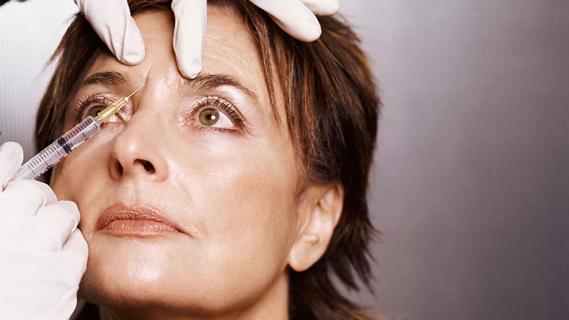
With repeat injections over time, you may be able to slow the development of new wrinkles
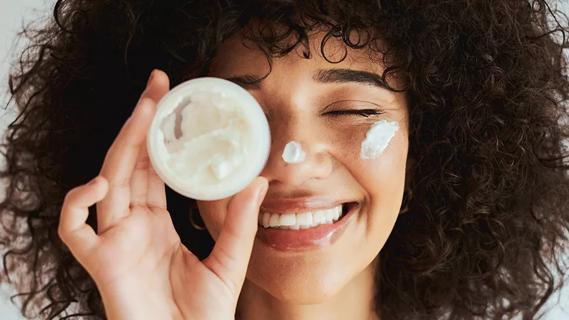
Pantothenol is a powerful moisturizer and can help repair damaged skin and hair

This alternative to retinol may be easier on sensitive skin

Day creams should protect your skin, night creams should soothe and repair it
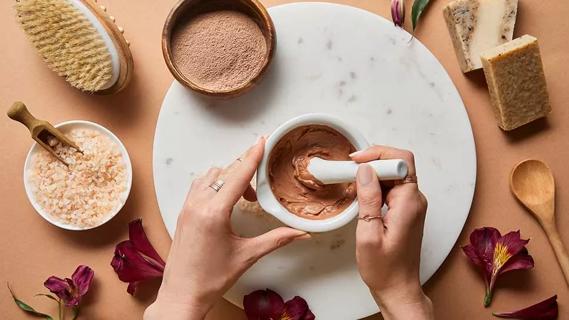
Pure cocoa butter can help keep your skin supple, with a subtly delicious scent
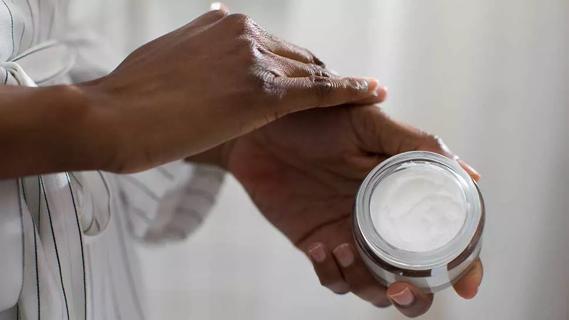
Keep your showers short and lukewarm, and moisturize promptly after with a cream containing ceramides
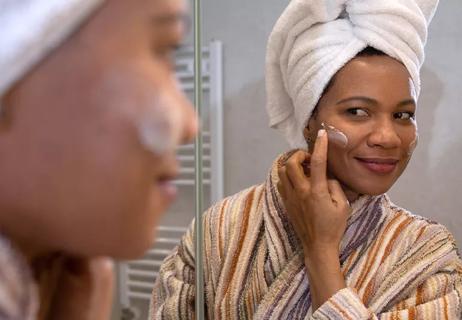
Focus on the philosophy — replenishing and respecting your skin — not necessarily the steps
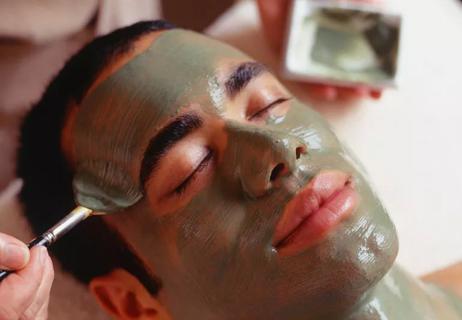
Lie back and relax as a skin specialist cleanses, exfoliates and hydrates your skin

Type 2 diabetes isn’t inevitable with these dietary changes

Applying a hot or cold compress can help with pain